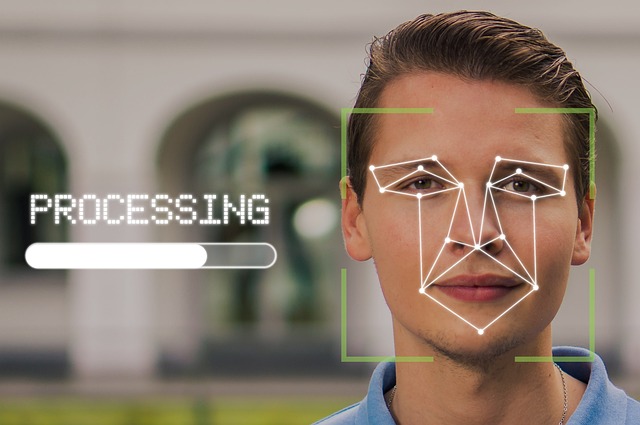
Enhancing IT Security: The Power of Multi-Factor Authentication
Enhancing IT Security: The Power of Multi-Factor Authentication
In today’s fast-paced digital world, the importance of securing our IT environments cannot be overstated. As technology evolves, so do the threats targeting our sensitive information. In the realm of informational technology, safeguarding digital assets is paramount, and one of the most crucial tools in this effort is multi-factor authentication.
Multi-factor authentication (MFA) adds an essential layer of security beyond the traditional username and password. In hardware-driven IT infrastructures—whether in enterprise data centers or personal devices—simply relying on a password is no longer sufficient. Passwords can be compromised through phishing, brute force attacks, or data leaks. MFA, by contrast, requires users to provide multiple forms of verification, such as something they know (a password), something they have (a hardware token or smartphone app), or something they are (biometrics like fingerprint or facial recognition).
This layered approach helps prevent unauthorized access even if one credential is compromised. For IT professionals managing hardware and system infrastructure, integrating MFA solutions means less worry about breaches caused by stolen credentials. It dramatically reduces the risk of account hijacking and unauthorized data access, which are among the leading causes of security incidents today.
Moreover, modern IT environments benefit enormously from hardware tokens and biometric devices designed for MFA. These technologies seamlessly integrate with existing systems, providing secure, frictionless authentication experiences for users. The hardware aspect ensures physical control—making it incredibly difficult for attackers to spoof credentials or perform remote hacks.
In summary, adopting multi-factor authentication is not just an added feature; it is a fundamental step towards robust IT security. For anyone working in or relying on informational technology—whether in managing servers, networks, or personal computing devices—MFA represents a powerful, hardware-enhanced defense against the evolving spectrum of cybersecurity threats.



